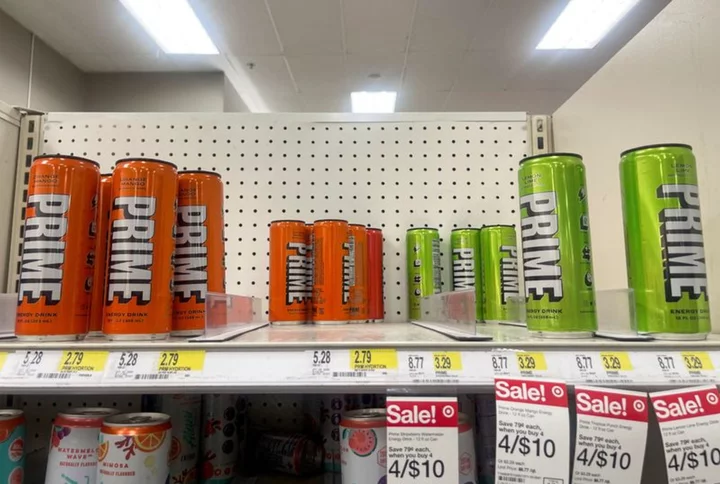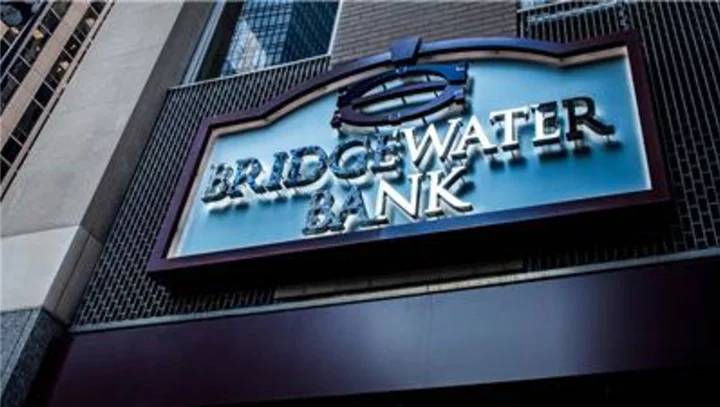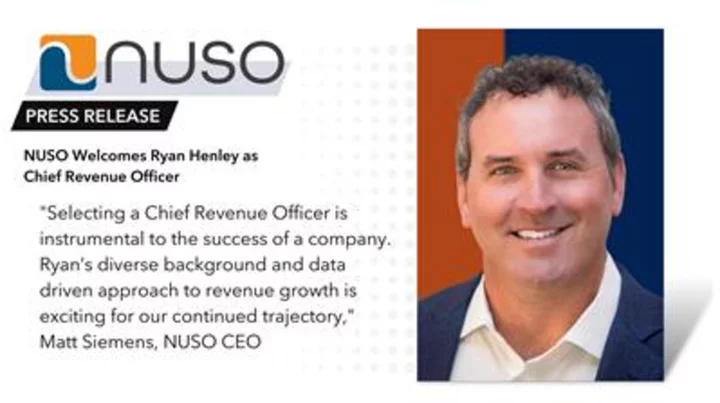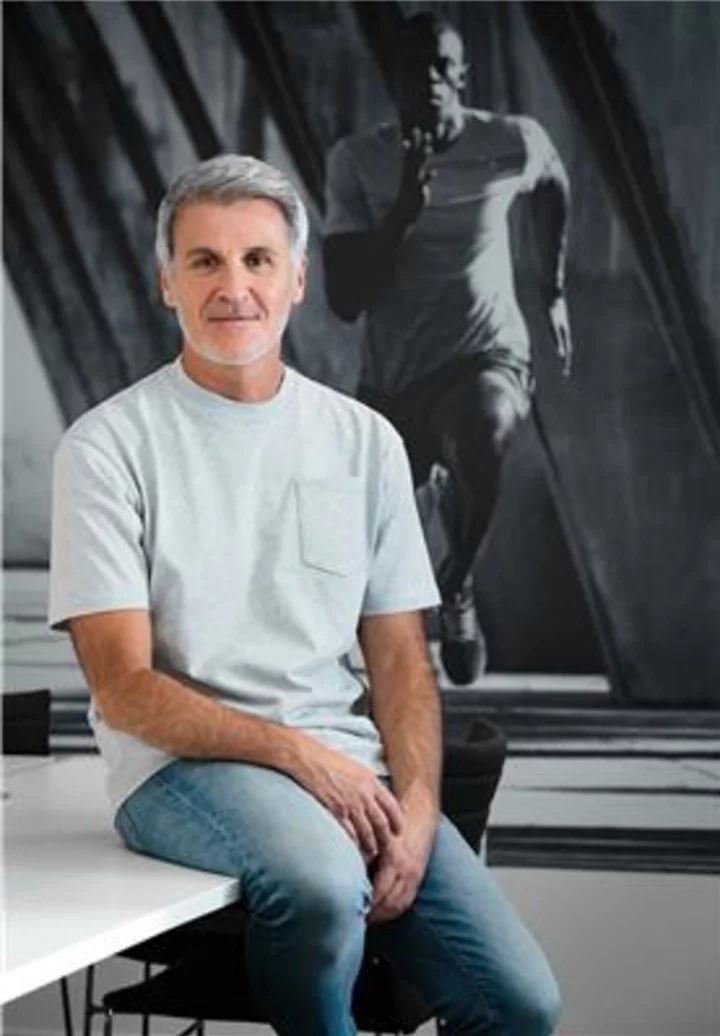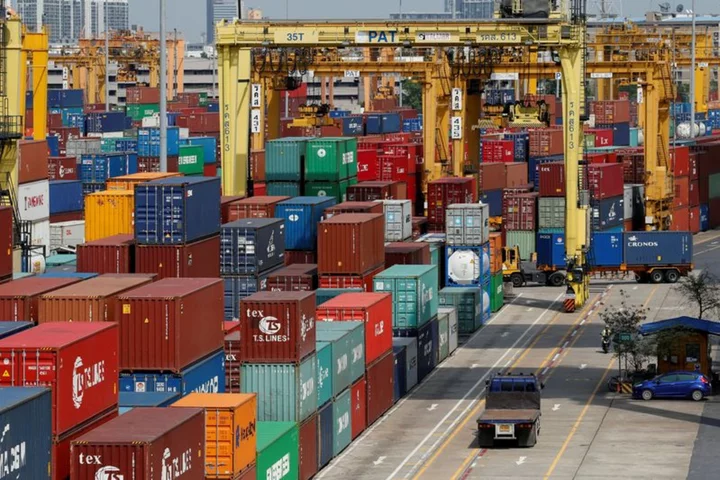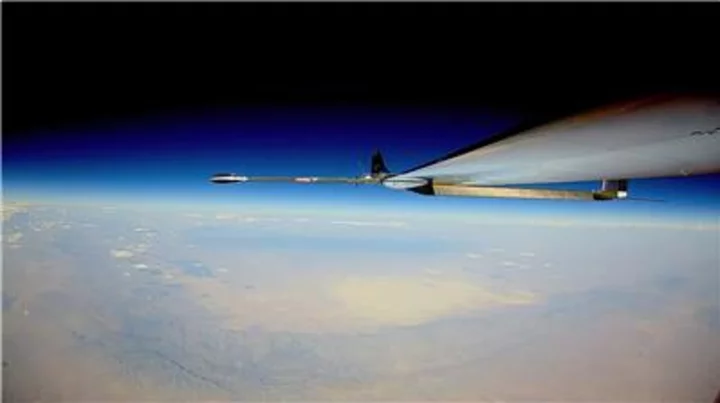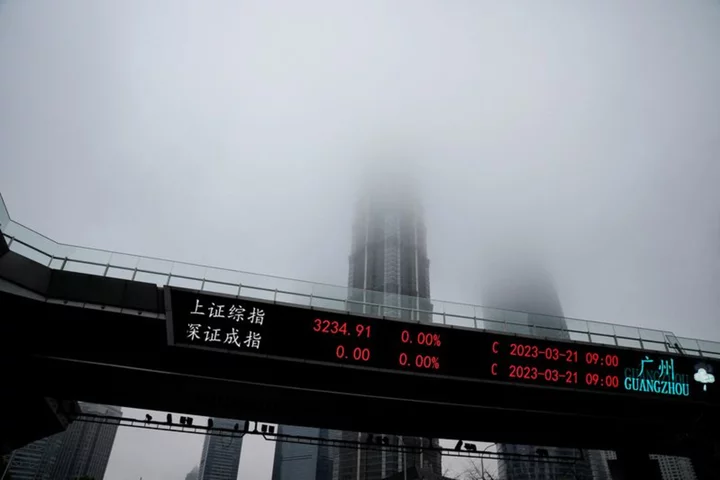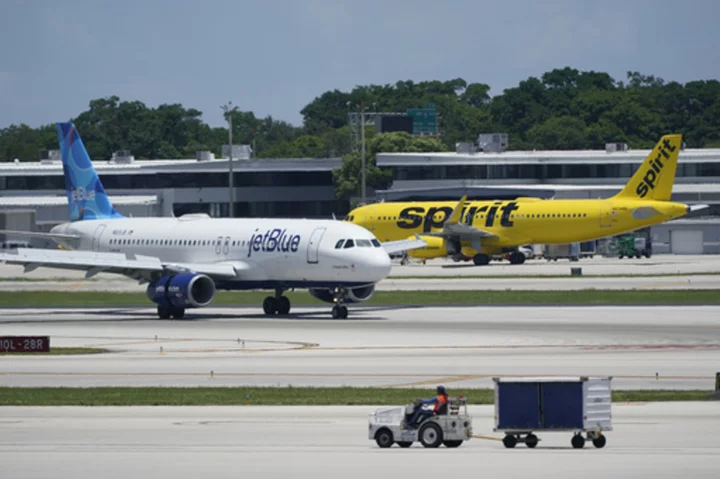By Kailyn Rhone
Pediatricians and parents are calling for the U.S. to treat new high-caffeine energy drinks like alcohol and cigarettes and ban their sale to minors as a single serving can contain as much caffeine as six Coca-Colas.
Prime Energy, which launched this year, has 200 mg of caffeine within its 350 ml can — exceeding permissible caffeine levels in Canada, Australia and New Zealand. Rival products like Anheuser Busch InBev-backed Ghost energy drinks and Kim Kardashian's “Kimade” energy drink also have 200 mg of caffeine. Competitor Monster Energy contains 150 mg of caffeine.
As caffeine content in energy drinks has climbed over the years, some countries and retailers have banned the products while a few require proof of age for purchase. In the U.S. and UK, no national regulations ban the sale of high-caffeine energy drinks.
Without legal age mandates like those on alcohol and cigarettes, retailers are unlikely to restrict access, said Dr. Holly Benjamin, a professor of pediatrics and orthopedic surgery at the University of Chicago. There is no proven safe dose of caffeine for children, according to the American Academy of Child and Adolescent Psychiatry.
"Retailers could choose to place sports drinks and energy drinks in different locations and label the sections differently; but, I think that is unlikely to happen without regulation which starts with better product labeling and widespread education," Dr. Benjamin said.
She added: "Any energy drink with a high dose caffeine in it, such as Prime Energy, is unsafe for children."
Side effects for kids consuming caffeine could include rapid or irregular heartbeats, headaches, seizures, shaking, stomach upset and adverse emotional effects on mental health, she said.
The FDA is currently reviewing a request by U.S. Senate Majority Leader Chuck Schumer to investigate the caffeine content in Prime Energy, as well as its marketing to kids, a spokesperson said.
Prime representatives declined to comment. Ghost Energy, Monster Energy didn't return messages seeking comment. Congo Brands, which owns Kimade, Alani Nu and Prime Energy, also did not respond to requests seeking comment.
The co-founders of Prime, Logan Paul and KSI, both social media influencers, said in August media interviews that they aren't marketing the drink to kids, adding that retailers should police sales to minors.
COLORFUL CANS CONFUSE PARENTS
The American Medical Association supports a ban on the marketing of caffeine drinks to children under the age of 18, according to its policy set in 2013. The AMA also urges the U.S. regulators or lawmakers to mandate "child-resistant packaging" on high-energy drinks.
Kinneret Shick Ohana, a mother of five children from Florida, saw the “bright, colorful cans of Prime” that her children have been buzzing about displayed in front aisles of Walmart when shopping for groceries. Out of excitement, she overlooked the black writing at the bottom of the colored cans that said “energy drink” before bringing it home to her children.
“I got confused because when you first see the can, it’s hard to see where it says energy drink. It took me some time after my son pointed it out to find it,” said Ohana.
“The energy drink industry is marketing these products that are only supposedly intended for adults to kids and I think Prime is just another example of a company that is pushing these inappropriate drinks on minors,” said Bonnie Patten, executive director of Truth in Advertising (TINA).
Specialty retailer GNC has set an 18+ age limit restriction to purchase energy drinks, according to its customer service line and in-store checks.
Target and Walmart, as well as specialty chains like the Vitamin Shoppe, carry Prime Energy but typically do not verify buyers' ages, according to Reuters interviews and in-store checks.
"We strongly encourage our customers to follow all labeling instructions for every product sold at the Vitamin Shoppe, including energy drinks," the Vitamin Shoppe said.
Target didn't return messages seeking comment. Walmart declined comment.
Drink makers' labels noting the beverages are “not recommended” for kids creates confusion among retailers on what restrictions, if any, should be set on the sale of energy drinks to children, lawyers said.
(Reporting by Kailyn Rhone in New York; Editing by Vanessa O'Connell and Lisa Shumaker)

